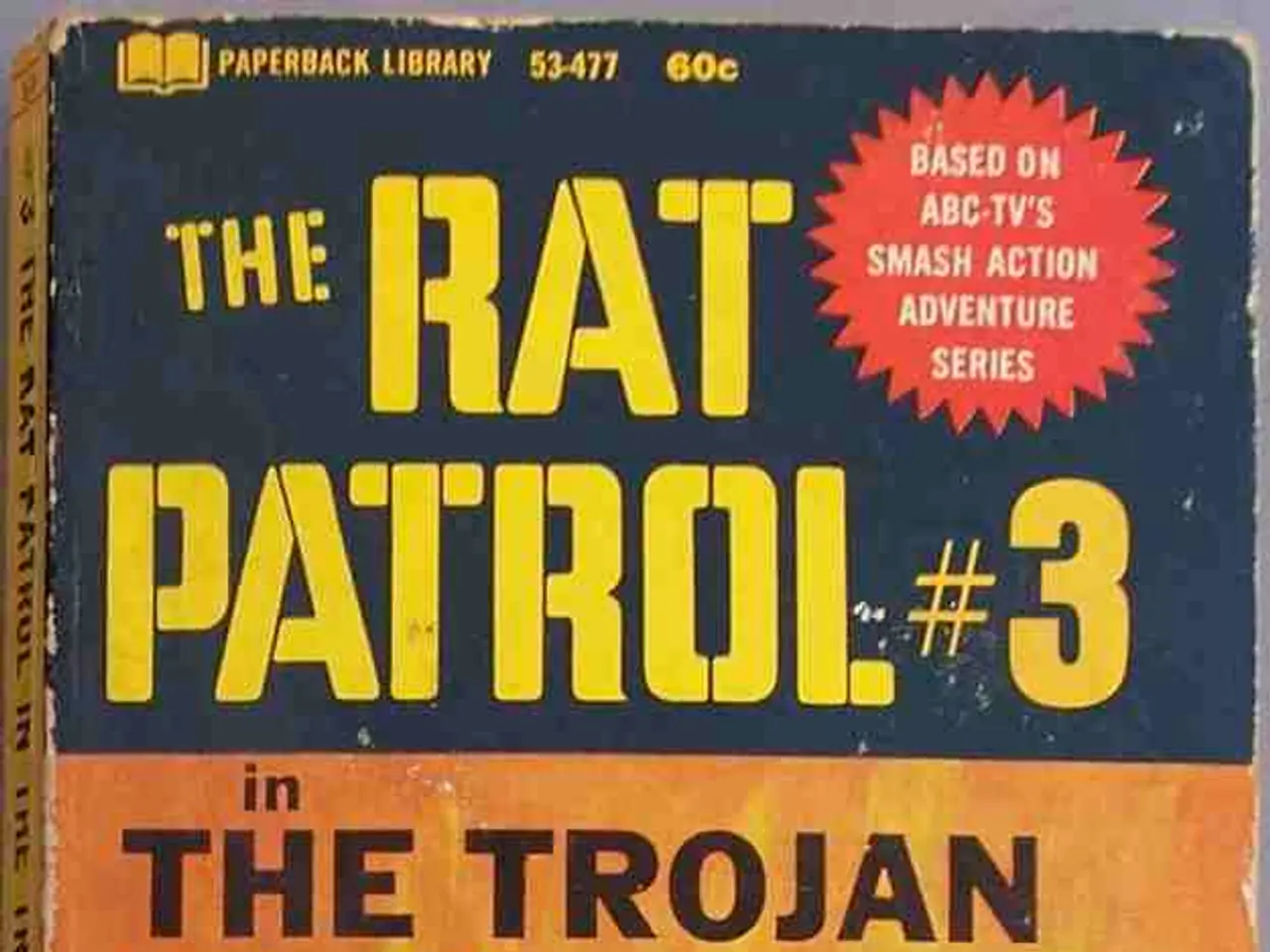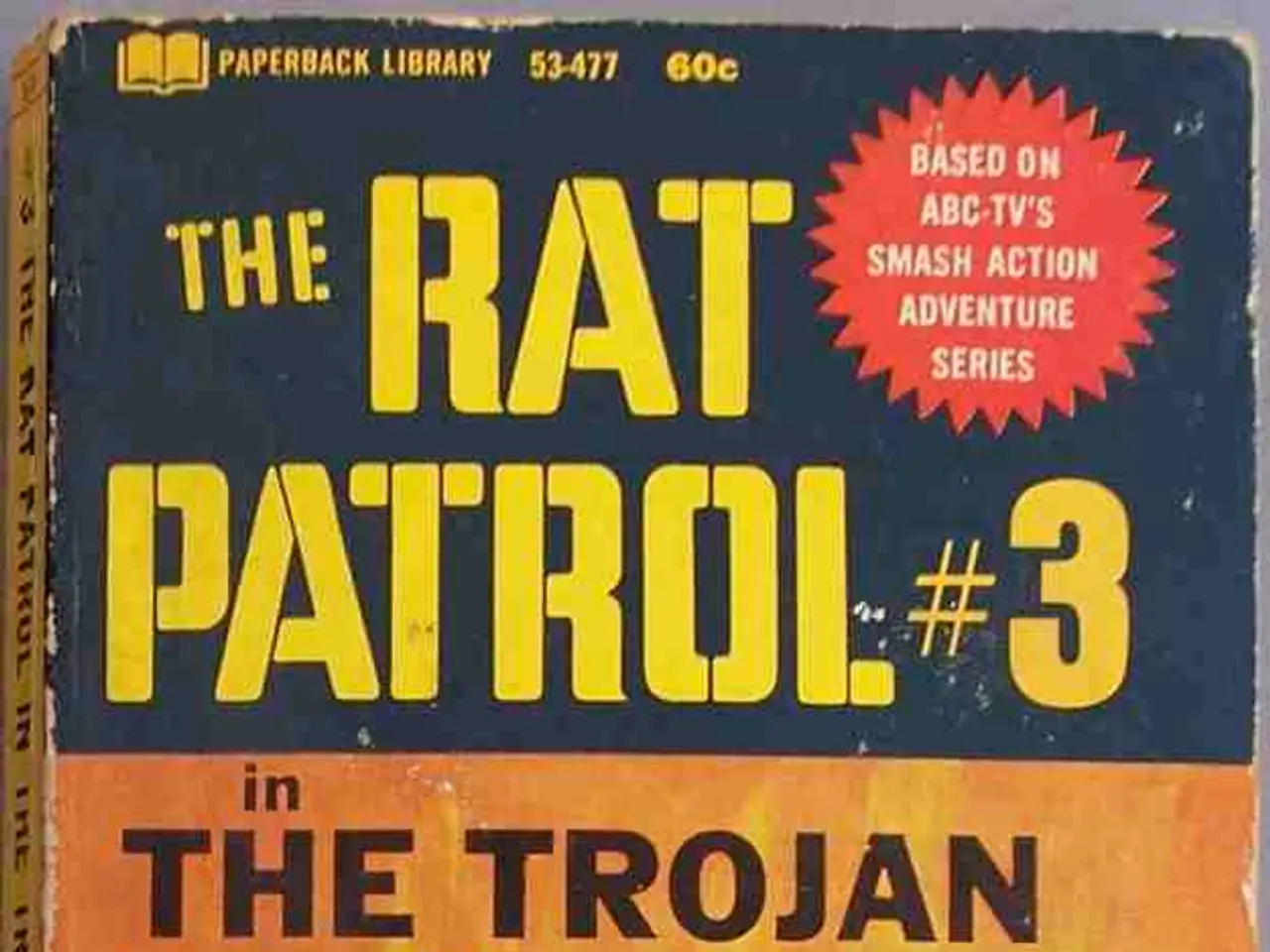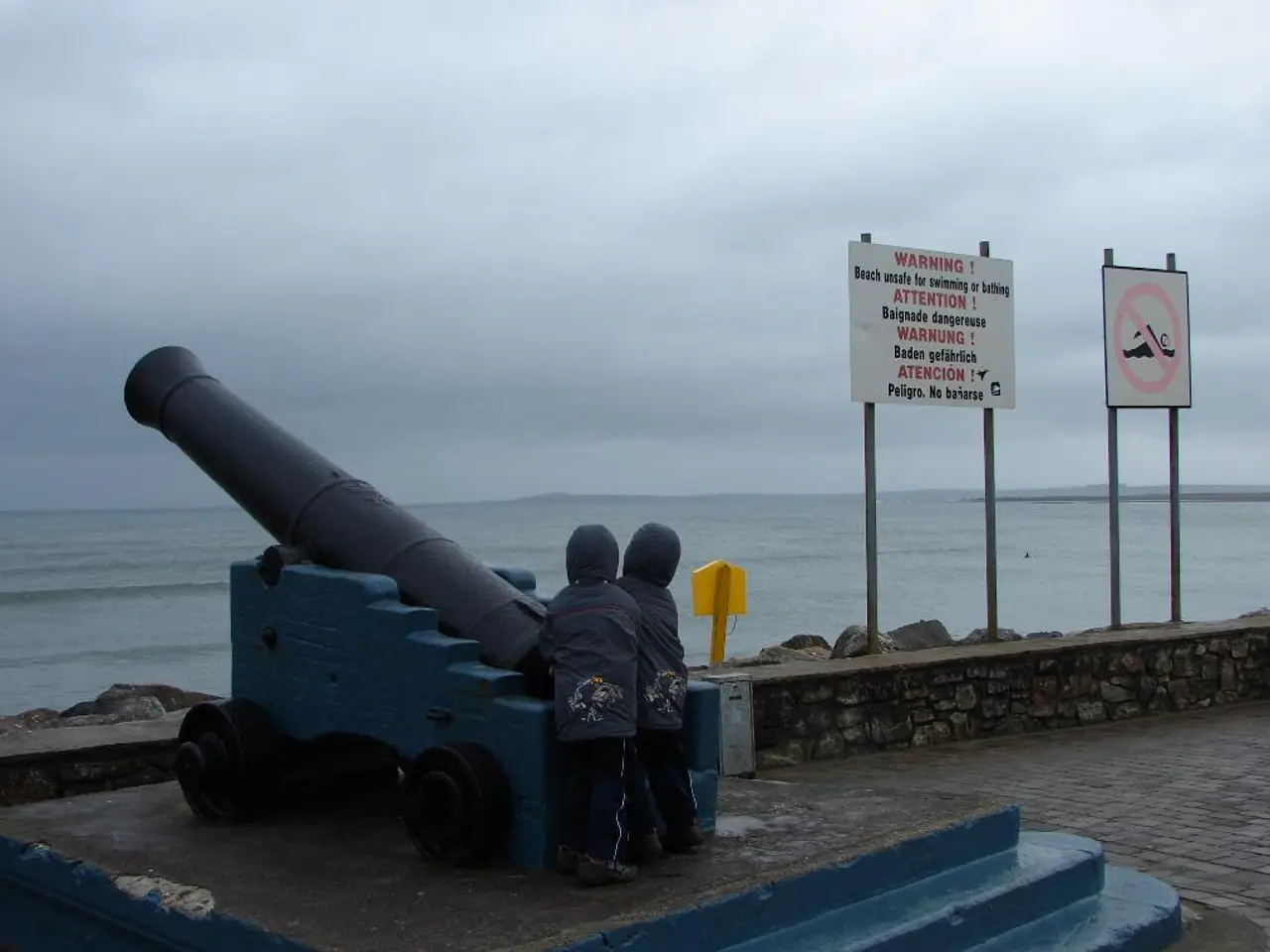Two decades following Kosovo, the United States implores Serbia's president to refrain from aligning with Putin.
The current predicament in Kosovo, sandwiched between the competing interests of the U.S. and Russia, has spiked tensions to their highest levels in two decades. Kosovo's president is in the crosshairs of these geopolitical giants, while Russia salivates at the prospect of renewed conflict - a recipe for chaos that could potentially destabilize the entire region.
At the heart of the matter lies the age-old dispute between Kosovo and Serbia. Since Kosovo declared independence in 2008, Serbia has refused to acknowledge it, fueling endless friction. The European Union, trying to play peacemaker, facilitated dialogue since 2011 to normalize relations. Agreements like the Brussels Agreement (2013) and the Ohrid Agreement (2023) have been reached, but they've yet to bear fruit, keeping tensions high and regional stability tenuous.
The U.S., traditionally a vocal supporter of Kosovo's independence, has seen its foreign policy shift uneasily, leaving Kosovo on edge about losing U.S. backing. There were even whispers of a potential U.S. withdrawal from the NATO-led Kosovo Force (KFOR), a move that could have dire consequences for the region. However, the U.S.'s policy hasn't undergone radical changes, but Kosovo's leaning toward defense cooperation with neighboring countries like Croatia and Albania has Serbia seeing red.
Russia, on the other hand, stands staunchly opposed to Kosovo's independence and seizes any opportunity to use the Western Balkans as a pawn in its geopolitical game against the West. By stoking regional instability and spreading pro-Russian propaganda, Russia aims to undermine NATO and EU credibility, or force Western powers to negotiate under its preferred terms, particularly linked to Ukraine.
Serbia's president, Aleksandar Vučić, is a key player in this intricate dance. He maintains close ties with Russian interests and U.S. political factions that back the Trump movement, making Kosovo's relations with the U.S. all the more complicated. Vučić remains a formidable barrier to Kosovo's independence and stands against its moves to forge security ties with neighboring states, perpetuating the tension and political stalemate in the region.
The unresolved Kosovo-Serbia crisis, played out against the backdrop of global geopolitical upheaval, tests the EU's ability to assert influence and maintain regional stability. The NATO presence in Kosovo, crucial to peacekeeping efforts, faces unprecedented challenges due to the rising tension and the specter of renewed conflict. Any escalation could send shockwaves throughout the Balkans and further complicate the strategic landscape involving the U.S., Russia, and European powers.
The index of geopolitical tension in the Balkans heightens as the U.S.'s stance on Kosovo's independence, a matter of general-news interest, remains unpredictable, creating unease among Kosovo leaders. Meanwhile, Russia capitalizes on this instability, using Kosovo as a tool to escalate political tensions and challenge NATO and EU influence in the region.




